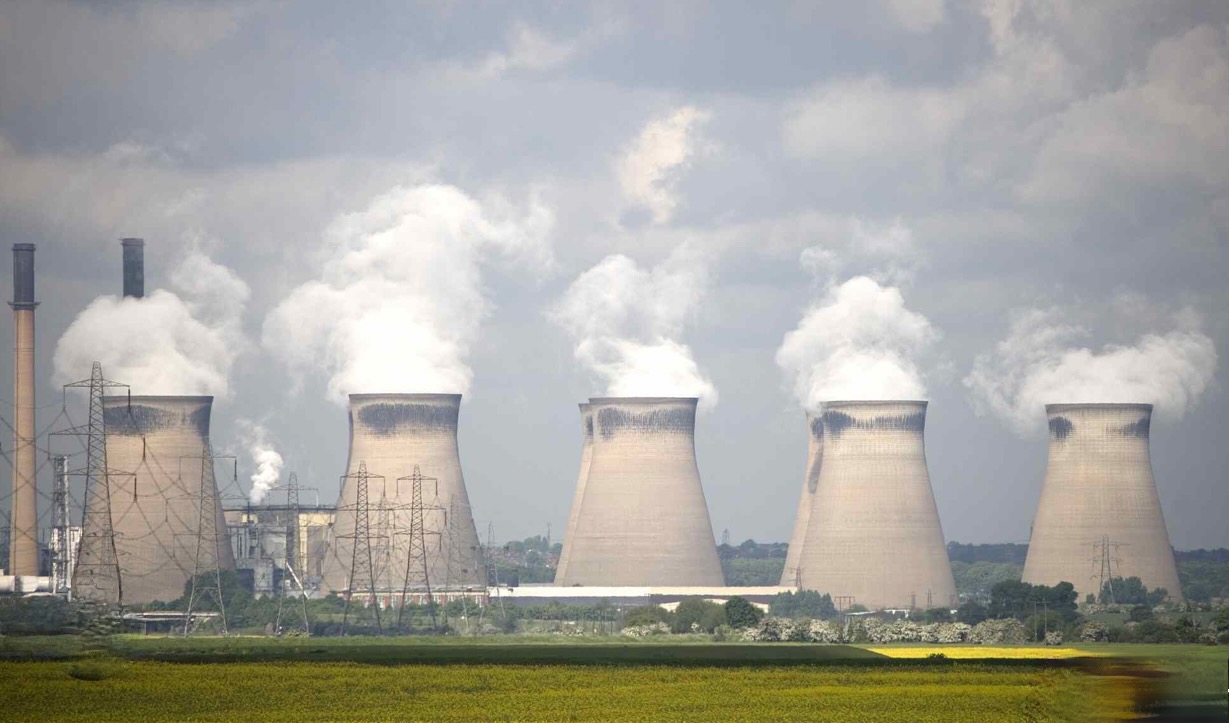RYAN BYRNE WRITES-In a new bid to change the energy landscape in Asia, ministers from Australia, Japan and all of the Association of Southeast Asian Nations (ASEAN) except Myanmar gathered at a meeting of the Asia Zero Emission Community in Japan to discuss the decarbonization of their economies.
The consortium, dubbed the Asia Zero Emission Community, or AZEC, was proposed by Japanese Prime Minister Fumio Kishida in a speech to the World Economic Forum in Davos, Switzerland in 2022. There, Kishida laid out a vision for a group similar to that of the European Coal and Steel Community. AZEC, Kishida said, would “become a platform to advance efforts such as international joint investment on development of zero-emission technologies and hydrogen infrastructure, joint financing, standardization of related technologies, and establishment of an Asian emissions trading market in an area of the world where “geopolitical and geo-economic challenges are intensifying.”
The group’s first meeting, held March 4, led to the members laying the theoretical groundwork for AZEC’s future endeavors. ln a joint statement, AZEC ministers said that they were “committed to accelerating” decarbonization in the region. However, the diverse group of nations did not approach the issue with a singular plan in mind. The AZEC statement stressed that there where “various and practical pathways tailored to meet the circumstances of each [country’s]” push to eliminate emissions.
The 11-member AZEC nations’ representatives agreed to collaborate on the “development, demonstration, and deployment of decarbonization strategies” and to “financial support for investments in decarbonization infrastructure.” All eleven ministers stressed the importance of technologies such as hydrogen, renewable energy and ammonia in reducing emissions.
The first AZEC meeting highlighted several concrete steps which have been taken to achieve the group’s goals. S&P Global reported that the Japanese Minister of Economy, Trade and Industry, Yasutoshi Nishimura, announced that the Japanese government would collaborate with four Japanese companies and the Australian state of Victoria to form a hydrogen supply chain. Reuters reported that the Japanese government had “pledged financial and technological support to help ASEAN countries accelerate their efforts to decarbonize.” Meanwhile, Argus Media reported that when the AZEC meeting ended “28 initial deals on decarbonization projects were signed” between public and private firms.
These announcements came on the heels of an early AZEC deal reached last November, between Japan and Indonesia. In the deal, Japan pledged to insure “up to USD 500 million to support the efforts of PLN as the Indonesian state-owned fully integrated electric utility company to implement energy transition.”
Several of the representatives at the AZEC meeting are among the world’s biggest emitters of greenhouse gases. Japan and Indonesia, according to a recent World Resources Institute report, are among the top ten worst offenders.
The push for a greener Asia comes at a crucial moment. The International Energy Agency projects that by 2025, Asia will consume half of the world’s electricity. Though the AZEC project is in its early stages, newly formed energy deals, commitments to increased funding and further collaboration between AZEC nations demonstrate a seriousness among members to meet decarbonization goals. The agreements reached as a part of the first AZEC summit will serve as the building blocks for a cleaner, greener and healthier Asia.
Ryan Byrne is an LMU senior: rbyrne5@lion.lmu.edu

